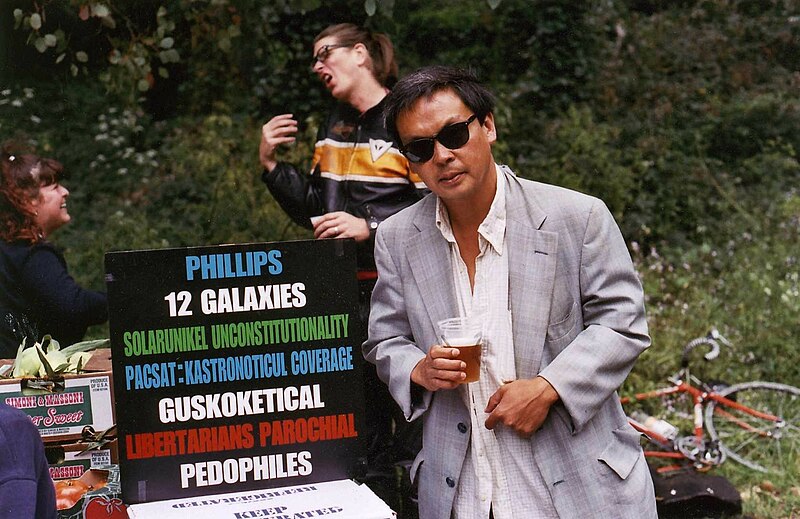
my tummy is all-a-flutter. tonight is my last night in groningen, i start my 24 hours of travel tomorrow evening at 10pm, CEST. oh, and tomorrow i also have my end of term review/critique/assessment. still not entirely sure what to call it, but it's definitely more like a final crit than anything else. i'm working steadily on the final touches of one piece: making amputees out of toy soldiers, getting gibberish from the brain of my plastic franken-sculpture (sadface), and saying farewell's and goodbye's to some of the other students; whom i've grown close to over these final weeks.
oh, and potentially huge news today or tomorrow... :)
Tuesday, June 17, 2008
Rather than Later
Posted by Alex at 8:08 AM 0 comments
Wednesday, June 11, 2008
Monday, June 9, 2008
Friday, June 6, 2008
Tuesday, June 3, 2008
Winning, finished

well, it's more or less finalized. just a few things to do, server side. click on the image to see a video and more. you can also go here.
here's an excerpt from a description i wrote about it:
"I was in the Marines for a couple of years. I trained to be a machine-gunner in the infantry, but halfway through I woke-up to the reality of my situation. I realized what I was allowing myself to be used for and decided that I couldn't live with that, so I sought a discharge. I am not a violent person, but I have seen within myself the capacity for an unthinking violence that both scares and fascinates me. Violence is one of the heritages of humanity. This game acts as a window for me (and others) to approach this capacity in a socially and physically safe manner.
To underline this ludicrous but seductive dynamic, I modified the existing game so that the rounds continue almost indefinitely, the environment never changes. Both models, the terrorist and the counter-terrorist are wearing me, they embody me as a player of the game. It is not about me fighting myself, it is about seeing myself (ourselves) reflected in this perpetual cycle of violence. One that is as repulsive as it is fascinating."
Posted by Alex at 4:36 AM 0 comments
Clay Shirky on Cognitive Surplus

image from ralphhogaboom's flickr stream
I just finished reading an essay entitled "Gin, Television and Social Surplus" by Clay Shirky and I wanted to post of few excerpts,
"If I had to pick the critical technology for the 20th century, the bit of social lubricant without which the wheels would've come off the whole enterprise, I'd say it was the sitcom. Starting with the Second World War a whole series of things happened--rising GDP per capita, rising educational attainment, rising life expectancy and, critically, a rising number of people who were working five-day work weeks. For the first time, society forced onto an enormous number of its citizens the requirement to manage something they had never had to manage before--free time.
And what did we do with that free time? Well, mostly we spent it watching TV."
"Now, the interesting thing about a surplus like that is that society doesn't know what to do with it at first--hence the gin, hence the sitcoms. Because if people knew what to do with a surplus with reference to the existing social institutions, then it wouldn't be a surplus, would it? It's precisely when no one has any idea how to deploy something that people have to start experimenting with it, in order for the surplus to get integrated, and the course of that integration can transform society.
The early phase for taking advantage of this cognitive surplus, the phase I think we're still in, is all special cases. The physics of participation is much more like the physics of weather than it is like the physics of gravity. We know all the forces that combine to make these kinds of things work: there's an interesting community over here, there's an interesting sharing model over there, those people are collaborating on open source software. But despite knowing the inputs, we can't predict the outputs yet because there's so much complexity."
"We're looking for the mouse. We're going to look at every place that a reader or a listener or a viewer or a user has been locked out, has been served up passive or a fixed or a canned experience, and ask ourselves, "If we carve out a little bit of the cognitive surplus and deploy it here, could we make a good thing happen?" And I'm betting the answer is yes."
there's a lot more to his essay and if this sort of thing interests you, read it.
Posted by Alex at 4:26 AM 0 comments




